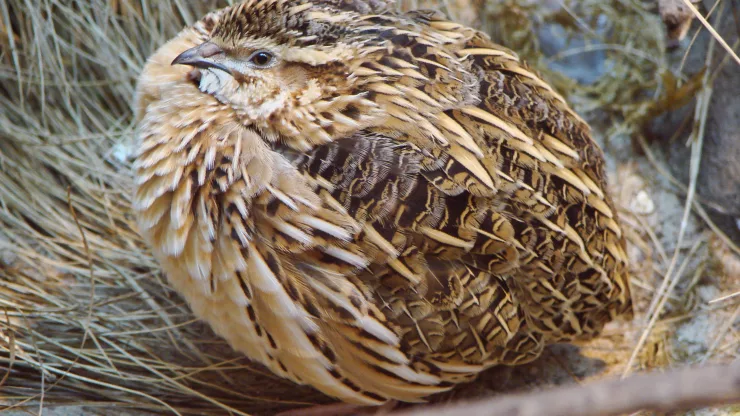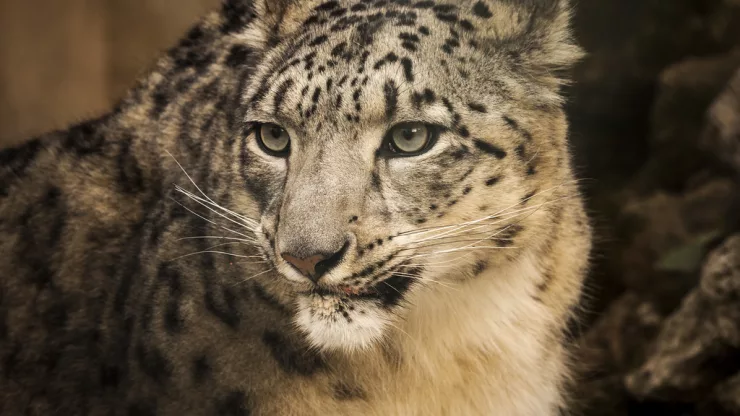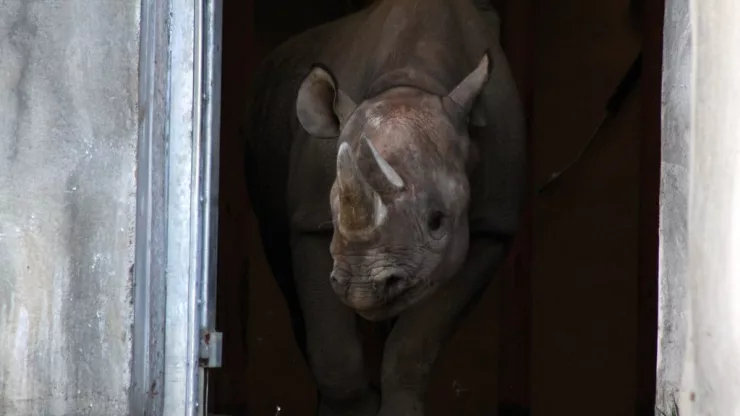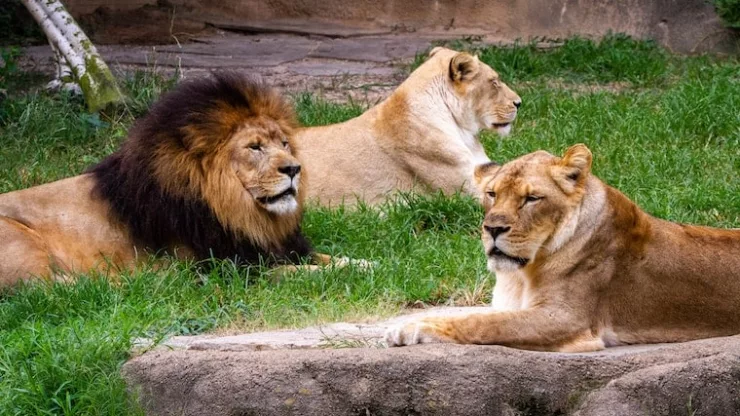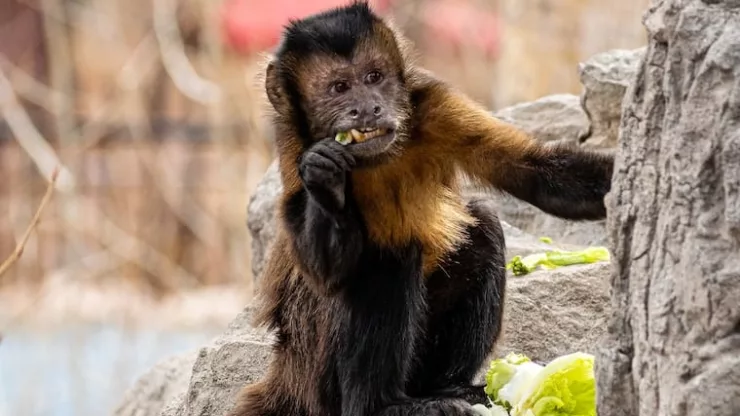Warsaw Zoo, located in Poland’s capital city, is not just a place for entertainment but also a hub for conservation.
The zoo has been working tirelessly for years to protect endangered species, promote sustainable living, and collaborate with other organizations to secure the future of wildlife.
Warsaw Zoo’s conservation initiatives are innovative, effective, and inspiring.
Jump to Section
Warsaw Zoo: A Hub for Conservation
Warsaw Zoo is not just a place for visitors to admire animals but also a hub for conservation. The zoo’s mission is to protect endangered species, promote sustainable living, and educate people about the importance of wildlife.
Warsaw Zoo has been a member of the European Association of Zoos and Aquaria (EAZA) since 1935, and it has been actively involved in conservation programs both in Poland and abroad.
The zoo has also established partnerships with other organizations, such as the World Wildlife Fund (WWF) and the African Wildlife Foundation (AWF), to work together to protect wildlife.
Innovative Approaches to Sustainable Living
Warsaw Zoo is committed to promoting sustainable living, not just among its visitors but also in its own operations.
The zoo has implemented several innovative approaches to reduce its environmental impact, such as solar panels, rainwater harvesting, and composting.
Warsaw Zoo has also launched an interactive exhibit called “Eco-Zoo” that educates visitors about sustainable living practices and encourages them to adopt eco-friendly habits.
Through these initiatives, the zoo aims to reduce its carbon footprint and create a more sustainable future.
Endangered Species Protection Programs
Warsaw Zoo has several programs dedicated to protecting endangered species.
For example, the zoo has a breeding program for the European bison, which was almost extinct in the early 20th century.
The zoo also participates in the EAZA’s European Endangered Species Program (EEP), which coordinates breeding programs for endangered species among European zoos.
In addition, Warsaw Zoo has established partnerships with conservation organizations to protect endangered species in the wild. For example, the zoo supports the AWF’s efforts to protect elephants in Africa.
Collaborating for the Future of Wildlife
Warsaw Zoo recognizes that collaboration is crucial for the future of wildlife.
The zoo has established partnerships with other organizations, such as the WWF and the AWF, to work together to protect wildlife.
Warsaw Zoo also collaborates with other zoos and aquariums to coordinate breeding programs and share best practices.
Moreover, the zoo collaborates with local schools and universities to educate students about conservation and encourage them to become future conservationists.
Through these collaborations, Warsaw Zoo aims to create a network of organizations and individuals dedicated to protecting wildlife.
FAQ
- How can I support Warsaw Zoo’s conservation initiatives?
You can support Warsaw Zoo’s conservation initiatives by becoming a member, donating to the zoo’s conservation fund, or participating in the zoo’s eco-friendly activities.
- What is Warsaw Zoo’s most successful conservation program?
Warsaw Zoo’s most successful conservation program is its breeding program for the European bison, which has helped bring the species back from the brink of extinction.
- How does Warsaw Zoo promote sustainable living among its visitors?
Warsaw Zoo promotes sustainable living among its visitors through its interactive exhibit “Eco-Zoo,” which educates visitors about eco-friendly habits and practices.
The zoo also implements sustainable practices in its own operations, such as solar panels and rainwater harvesting.
Warsaw Zoo’s conservation initiatives are a shining example of how zoos can be more than just entertainment venues.
The zoo’s commitment to protecting endangered species, promoting sustainable living, and collaborating with other organizations is inspiring and effective.
Warsaw Zoo’s mission to create a better future for wildlife is something we can all get behind.
I’m a nature enthusiast and creator of Metro Wilds and have spent years exploring the great outdoors.
With a passion for environmental conservation and sustainability, I have dedicated my career to writing about the beauty and wonders of nature, as well as the threats facing our planet.
Contact me at [email protected] for assistance.

